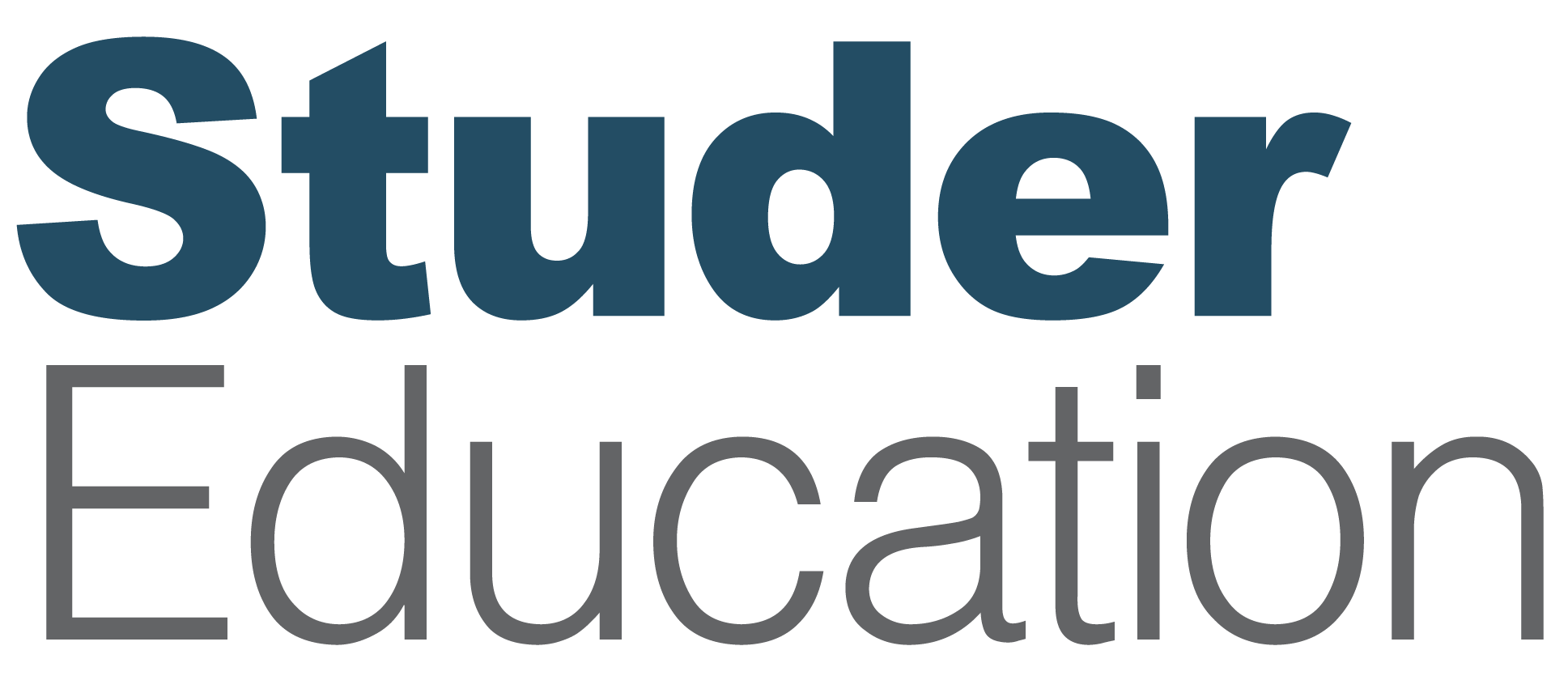
 A flywheel is a heavy wheel that regulates the speed of machinery. It takes awhile to get started. Once it gets going, it turns smoothly and efficiently. Momentum begins to takeover and the wheel turns almost effortlessly. It’s the same scenario with a symbolic flywheel powering an organization. Once the flywheel is moving, it spins effortlessly and the momentum we build keeps working for us.
A flywheel is a heavy wheel that regulates the speed of machinery. It takes awhile to get started. Once it gets going, it turns smoothly and efficiently. Momentum begins to takeover and the wheel turns almost effortlessly. It’s the same scenario with a symbolic flywheel powering an organization. Once the flywheel is moving, it spins effortlessly and the momentum we build keeps working for us.
The flywheel simply illustrates the power that purpose, passion and results have to create momentum in an organization. At Studer Education, we apply the flywheel to help leaders embark on a results-driven journey to organizational excellence. While doing so, leaders create an engaged workplace for employees and communities.
At the center of the flywheel, you’ll find the central values: purpose, worthwhile work and making a difference. In Maximize Performance, authors Quint Studer and Janet Pilcher identify these three things as the foundation of what employees need to feel satisfied with their work. Professionals in service-oriented fields are driven by these core values that keep them on target.
3 Things Employees Need to Feel Satisfied:
1. They want to believe the organization has the right purpose. That’s why leaders who make themselves look good at the expense of the senior leadership do a disservice to all other employees. The senior leadership represents “purpose” to the employees. If employees don’t feel good about senior leaders, they don’t feel good about the organization. A we/they culture breeds dissatisfaction.
2. They want to know they are doing worthwhile work. During routine rounding, take this opportunity to let employees know the value of their work and the impact they have on the organization.
3. Employees want to make a difference. The results are what fuel their passion. Getting results motivates people to persevere and seek more results.
Often times, we get bogged down in day-to-day tasks that we forget why we chose our profession. Many of us have experiences that can jog our memories about “the why”. However, as leaders, we need to take the time to remind our employees, faculty and key stakeholders that what they do has purpose, is worthwhile and makes a difference!
Related Resources
Maximize Performance: Creating a Culture for Educational Excellence
Our professional field has always dealt with change. But the environment we’re navigating now requires change at a new level. We’ve moved from experiencing episodic change to continuous change—and as John Kotter has famously noted, that requires a whole different set of skills and a whole different level of urgency.
Eliminate We/They – 9P Online
A We/They culture occurs when someone positions themselves in a positive light by making someone else “the bad guy.” This occurs when there is a situation that may not have a pleasant or appealing outcome and the leader choses to place blame, rather than own the situation and work through a solution.

